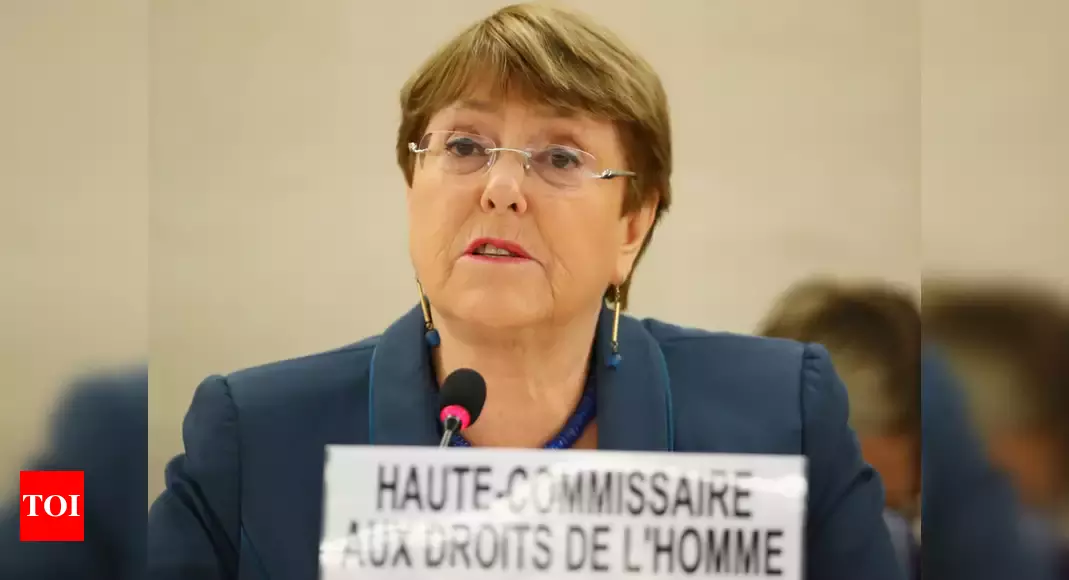NEW DELHI: For the first time in India’s judicial history, a United Nations body — the UN High Commissioner for Human Rights (UNHCHR) — on Tuesday sought to intervene as amicus curiae, or friend of the court, to assist the Supreme Court in adjudicating the constitutional validity of the Citizenship (Amendment) Act (CAA). The UNHCHR said while CAA has a “worthy and commendable objective”, it appears to discriminate against persecuted Muslim communities.
The ministry of external affairs swiftly hit back, saying it was an “internal matter” and that “no foreign party has any locus standi on issues pertaining to India’s sovereignty” and “the Indian Parliament’s right to make law”.
Intervening in a petition filed by former Indian high commissioner to Bangladesh Deb Mukharji, who has challenged CAA, UNHCHR Michelle Bachelet Jeria stated, “CAA can potentially benefit thousands of migrants in an irregular situation, including refugees, who might otherwise face obstacles in obtaining protection from persecution in their countries of origin, including through the grant of citizenship. This is commendable.” However, she added, the law “raises a number of issues related to India’s wider human rights obligations in the context of fundamental principle of non-refoulement, that is no forced repatriation of refugees to their home country.”
CAA reflects our commitment on rights: Government
Countering United Nations high commissioner for human rights (UNHCHR) Michelle Bachelet Jeria’s statement against CAA, MEA spokesperson Raveesh Kumar said, “We are clear that CAA is constitutionally valid and complies with all requirements of
UN body goes to Supreme Court on CAA; ‘internal matter’, says government

